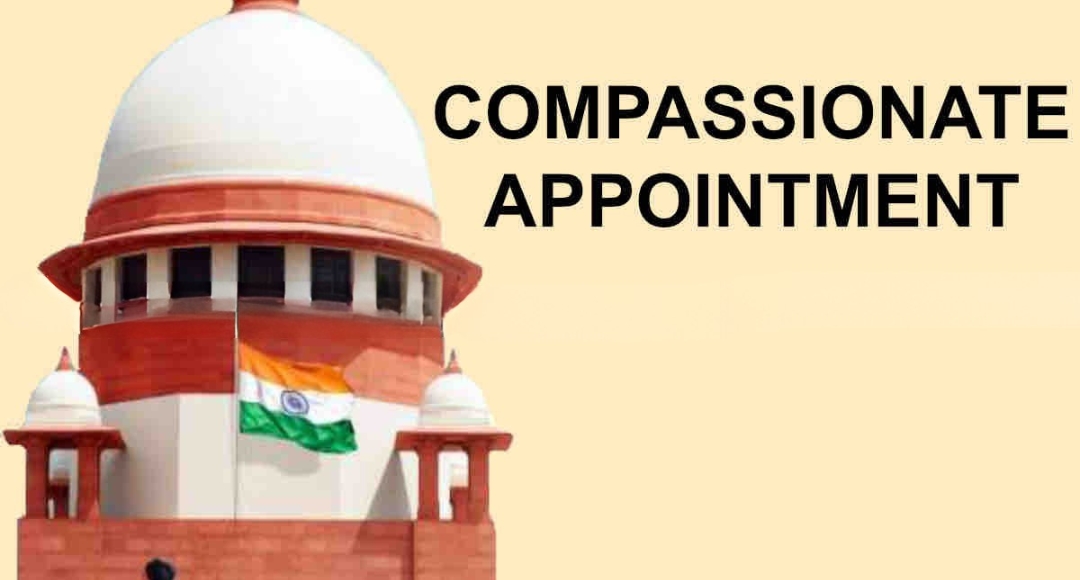Hello friends, We all know that when the sole breadwinner of the family suddenly leaves the world or becomes unable to do the job due to a serious illness, then the family faces a deep crisis. Recently, the Supreme Court has stated 26 important principles in this subject, which make it clear under which circumstances this appointment can be given and under which circumstances it cannot. Let us understand this important decision in simple words. At such a time, government and public institutions keep the system of compassionate appointment to give some relief. But can everyone get this appointment? Is it a right or just a compassionate help?
What is a compassionate appointment?
Compassionate appointment is a special arrangement, under which after the sudden death or permanent disability of a government employee, a job is given to any eligible member of his family to overcome the financial crisis. This is not a general rule, but an exception. According to the Supreme Court, this appointment can be given only in the situation when the financial condition of the family is very bad and they need immediate help.

The big decision of the Supreme Court
Recently, a bench of Supreme Court Justice Dipankar Dutta and Justice P.K. Mishra clarified that compassionate appointment is not an “inherited right”. The court said that it is given only for immediate help to distressed families and it cannot be made a substitute for normal employment.
The court has clarified some key points:
- No one can claim it as a birthright.
- It is mandatory to follow government rules and instructions for appointments.
- The application has to be made immediately or within a reasonable time, otherwise, it will be considered that the family is not in financial crisis.
- This is only for financially helpless families, not for the heir of every government employee.
- This appointment should be only for lower-category jobs (Class III and Class IV), not for higher posts.
- If the family has sufficient financial means, then the appointment will not be given.
- If the family is getting a government pension and other benefits, it will also be taken into consideration.
Strict message from the judiciary

The Supreme Court also said that this is not a “policy of limitless sympathy” but is aimed at helping only those families who are in dire distress. The court made it clear that a compassionate appointment for a job cannot be guaranteed and the court cannot appoint someone on emotional grounds alone. Friends, this decision is an important message for both the government and the general public. The purpose of a compassionate appointment is not to give a job to a person but to provide immediate help to a family going through a financial crisis. Therefore, if a family already has the means of financial support available, they will not be entitled to this appointment.
Disclaimer: This article is written for educational and informational purposes only. The information given in it is based on the recent decision of the Supreme Court and is not intended to replace any legal advice. Consult official government documents and legal experts for more information.
Also Read:
Supreme Court Slams Overpriced Lawyers: Justice Must Be Accessible to All
Understanding the Law of Torts Bare Act: A Complete Guide
Comprehensive Law of Torts Notes: Key Principles and Case Studies






